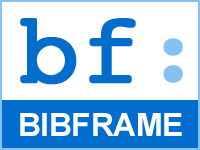ANSI/NISO Z39.105-2023, Content Profile/Linked Document Published
The National Information Standards Organization (NISO) announced publication of its newest standard, ANSI/NISO Z39.105-2023, Content Profile/Linked Document (CP/LD).
For most disciplines, the journal article remains the primary means of communicating the outputs of scholarly research. As a result, publishing workflows have been largely based on large XML document models. This standard is an application of HTML and JSON-LD to create semantic relationships between content and data elements in scholarly publishing to express self-describing, machine-actionable content for reuse and interchange of scholarly research information.



